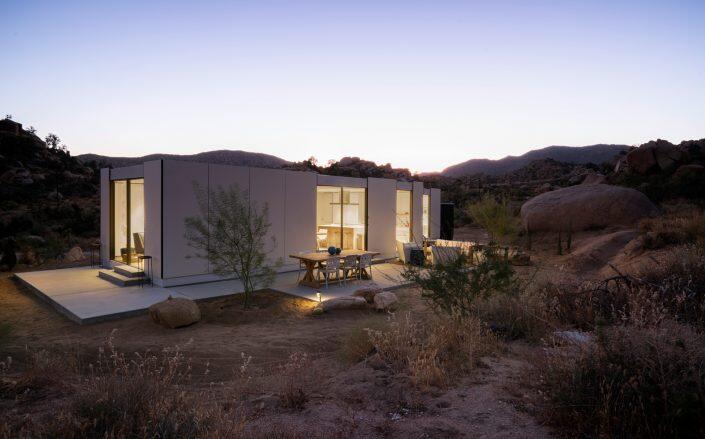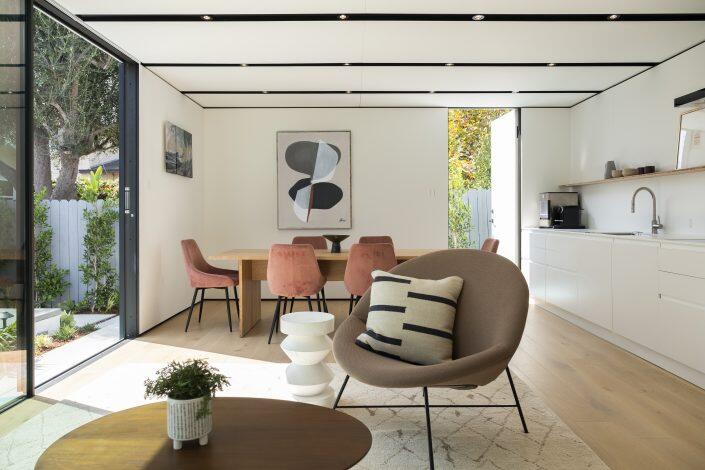Cover, a Los Angeles-based startup that builds custom backyard homes for renters and financially challenged relatives, raised $60 million to scale up.
Gigafund led the Series B round with participation from Valor Equity Partners and Founders Fund — early investors in Elon Musk’s SpaceX and Tesla — and homebuilder Lennar, among others.
The raise brings the startup’s total funding to $75 million. The company launched in 2017 and completed a $10 million Series A in early 2020, led by Founders Fund and Lennar.
Read more


Modular and tiny home building is a crowded field, but co-founder and CEO Alexis Rivas said two things set Cover apart. One is vertical integration: It handles every aspect of creating accessory dwelling units, also known as granny flats, from start to finish. And it does not use certain “conventional” methods, such as drywall and 2×4 wood construction.

Image via Cover
Using proprietary software, Cover designs, engineers, permits and builds turn-key ADUs as well as detached home offices. The company manufactures components off-site, then moves and installs them without a crane in as little as 30 days. Offerings range from $200,000 for a studio apartment to $335,000 for a two-bedroom unit.
Demand for ADUs has been “crazy” over the last year and a half, Rivas said in an interview. “We have a massive backlog of orders well into next year,” he said.
Supply chain issues and labor shortages that have plagued businesses worldwide are not the reason, he claimed, while acknowledging that filling highly skilled positions has been difficult. Cover just was not big enough to handle the surge in demand.

Image via Cover
So far the company has delivered 20 homes in Los Angeles. It has doubled its production and reduced delivery time by a factor of four over the past year, Rivas said.
The company plans to scale construction locally before taking its business nationally, and is hiring “across a breadth of roles,” the CEO added.
“The market for talent is tight, we’ve got a high bar, and we need to grow our team,” he said. “Recruiting top software, mechanical, and manufacturing engineers is a major priority and challenge.”
